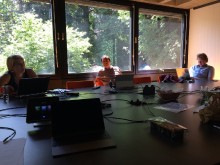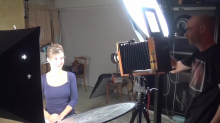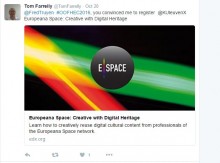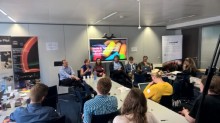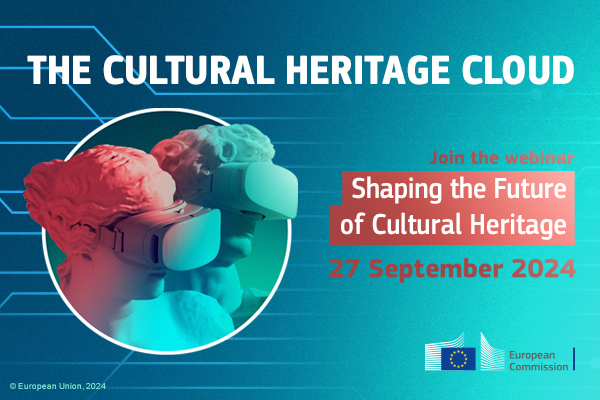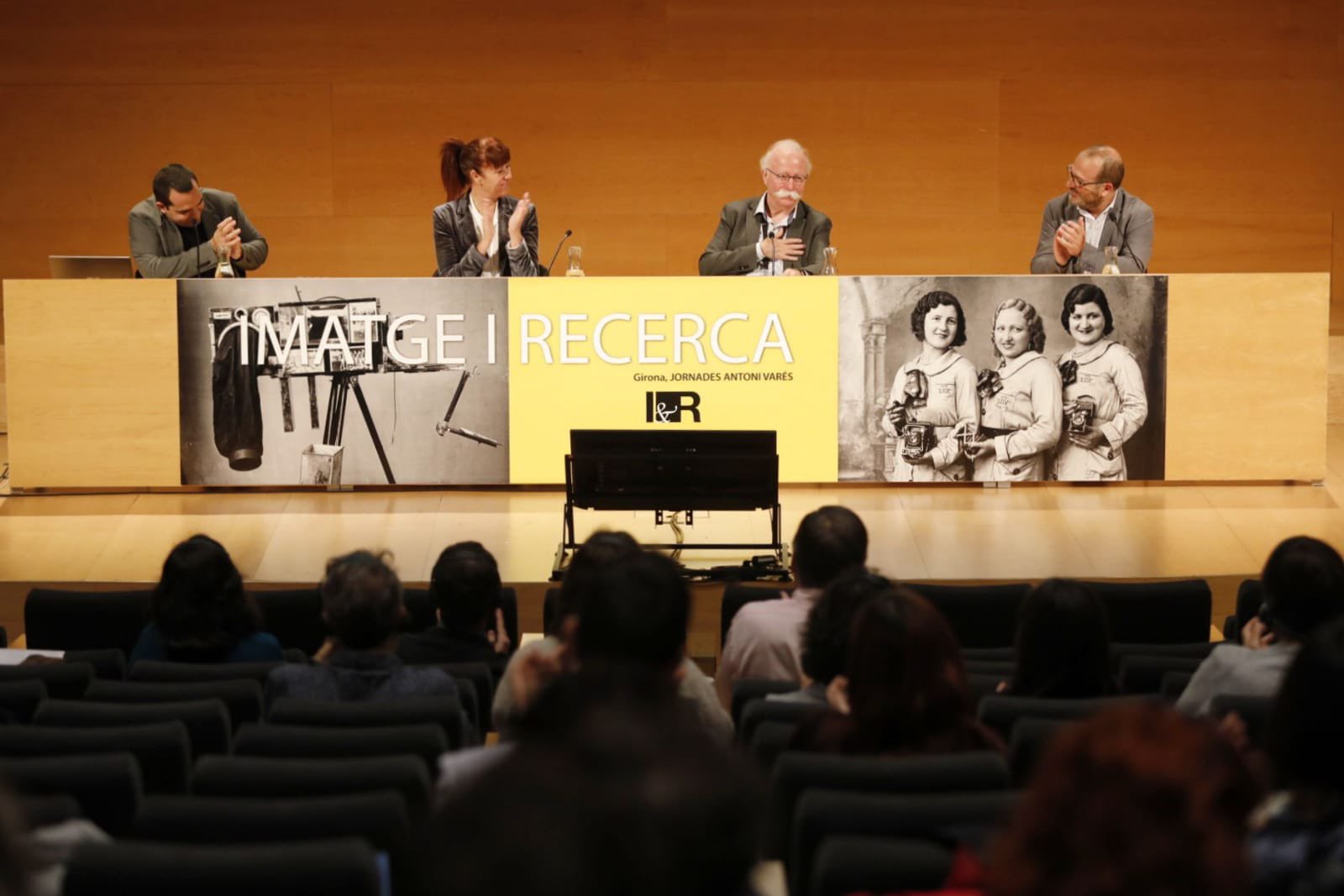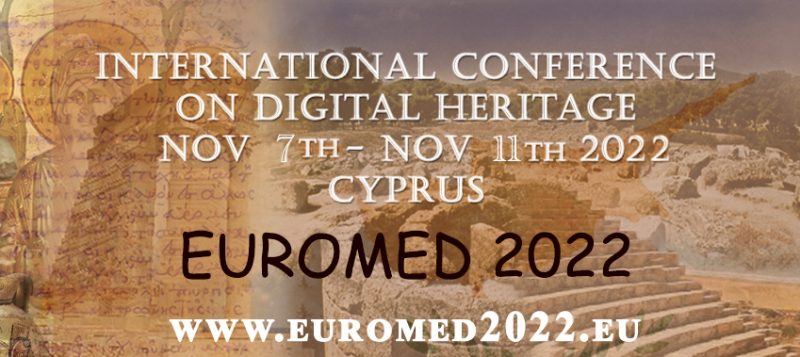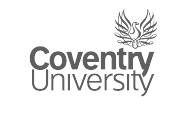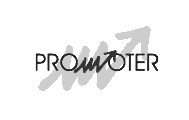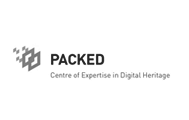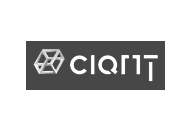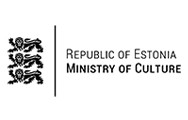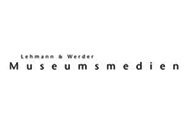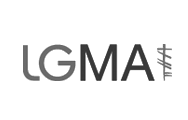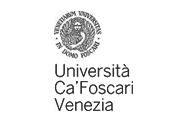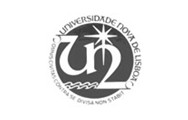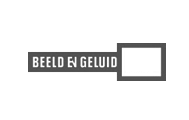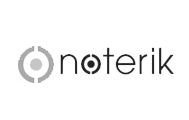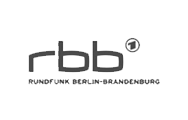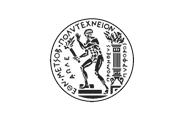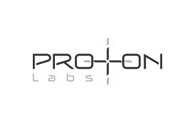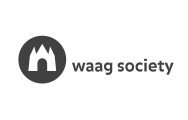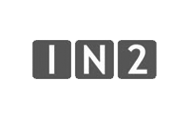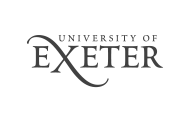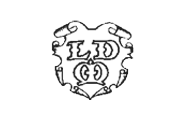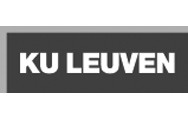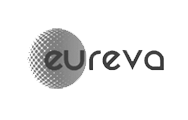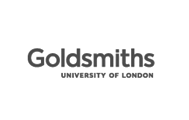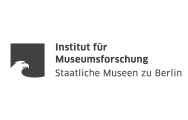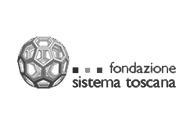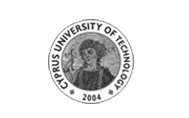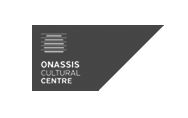Europeana Space project, focusing on increasing and enhancing reuse of Europeana and other online collections of digital cultural content by creative industries and education is developing a MOOC, a massive open online course, to be launched in the fall of 2016.
“The aim of the course is to share our experiences, the lessons learned during the project and the tools we have developed during the pilot activities of E-Space; but also what we learned thanks to the hackathons and the workshops that we held with creative professionals throughout Europe. We want to share all of this with students and teachers, professionals from the GLAM sector, event organizers and developers working on cultural heritage, with the aim to convince them of the importance of the creative reuse of digital cultural heritage and to show them that the steps to take and the tools to use to do so are within everyone’s reach.” said Fred Truyen and Clarissa Colangelo from KU Leuven, the task leaders.

The course will be organized in 3 levels. The first is a general level that targets mainly cultural heritage amateurs, students and teachers: the education segment. “Here we want to show our learners how easy it can be to move from a passive use of digitized cultural heritage – that can be simply searching for materials on repositories such as Europeana – to an active and proactive use, where everyone can contribute and share their own insights and new narratives built around this cultural heritage individually and/or with others.”
On the second level, targeted at GLAM professionals, learners will be taught how to access APIs, how to query the database from their own websites and to automate important processes for the stories they want to develop, how to create interactivity into their events, how to build components in their websites and refer to the technologies that we have developed. They also get guidance on how to use the E-Space technical space and its API, how to find interesting samples of code on Europeana Labs and they will have access to more readings on how to reuse Europeana contents and on Europeana creatives.
Lastly, the third level reaches out to developers. They will be able to search the MOOC to find the most technical information, e.g. a link to a certain API or a specific explanation; they will also have the opportunity to participate in forum discussions with people working with Europeana or from the GLAM sector. This way it is possible to incite interesting discussions where knowledge from different sectors can be shared and learners can learn not only from the project, but also from one another.
The MOOC will be live in October 2016.
Read more on E-Space for Education website
Article appeared also on Open GLAM blog.



